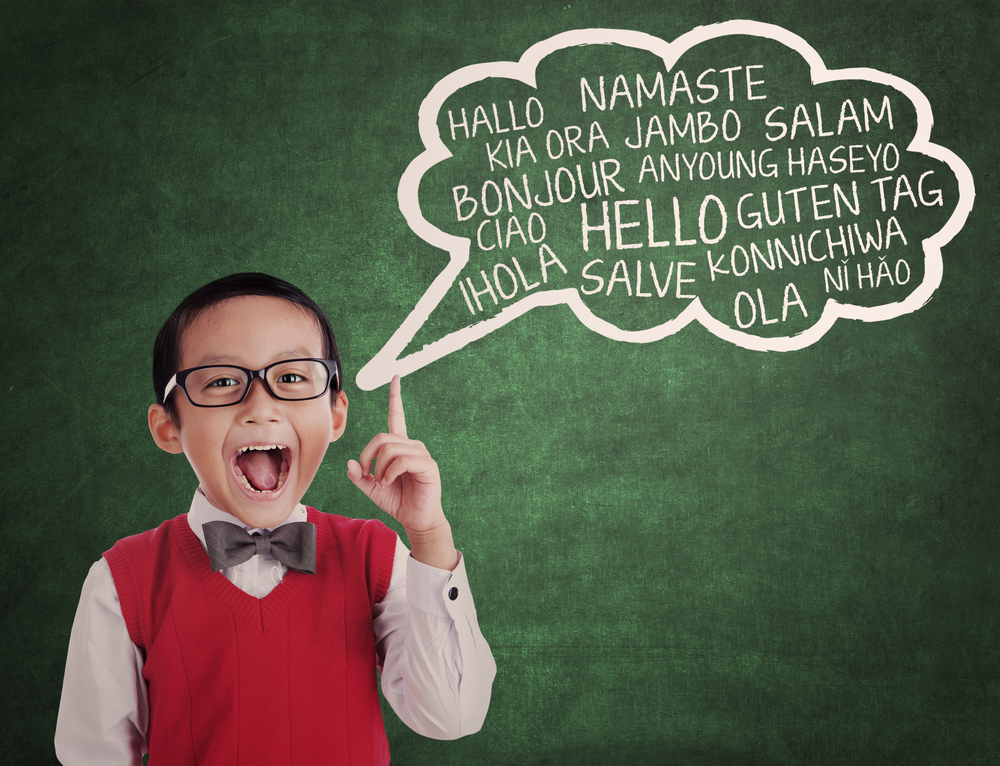
 Written by: Cheng Sui Man
Written by: Cheng Sui Man
One afternoon, as my two-and-a-half-year-old twin boys were eating homemade jelly cups, the older one suddenly said:
“Mommy, help me scoop scoop please!” “Huh? Scoop what?” “Help me scoop scoop.”
At that moment, the older twin pushed the jelly cup and a small spoon towards me, and I suddenly realized: “You want me to help you scrape the jelly clean from the bottom of the cup!”
“Mommy, help me scoop scoop please!” This short sentence contains biliteracy and trilingualism: Cantonese, English, and Fujian. Those who know Fujian or Taiwanese will understand that the “scoop” that my brother is talking about is not the “buckle” of “button”, but the Cantonese pronunciation of Fujian, which is similar to the word “buckle”, and means “to scrape, to pull out, and to dig”. If my brother were to say this to my father, who is 100% Cantonese, I believe that even if father guesses until the sunset, he still won’t be able to figure out its meaning. So where did you learn the word “scoop”? In fact, no one specifically taught my son the word, I believe it was just my mom’s habit of speaking Fujian at home, and as my son listened to her, he picked it up without realizing it. As for the appearance of the English word “Please”, I believe many of you can imagine that it mainly comes from the domestic helper at home.
Is it better for younger children to be exposed to more languages? Not necessarily. Some child psychiatrists say that the language environment in many Hong Kong families is “chaotically multinational,” with parents speaking Cantonese, grandparents speaking Chinese dialects, and domestic helpers speaking Filipino-style English or Indonesian-style Cantonese. Too many different languages can be confusing for young children. It is recommended that children under two years old grow up in a monolingual environment to master one language well before introducing another language into their lives.
For example, parents who want their children to excel in English might specifically hire a Filipino domestic helper (since Filipino helpers generally insist on speaking English, while Indonesian helpers often learn Cantonese). Doctors also remind parents that it is best to try to maintain purely English conversations at home. Mixing Chinese and English does not help children learn languages effectively and may even cause confusion in young children, affecting their language development progress.